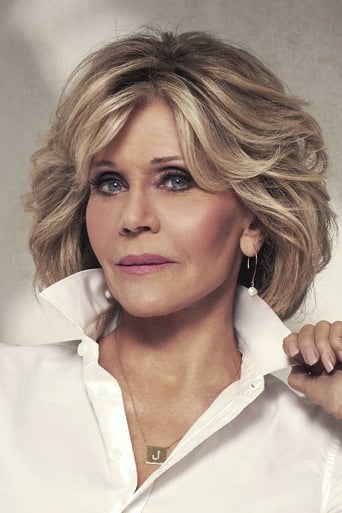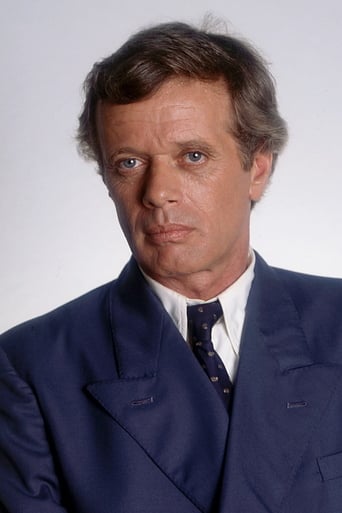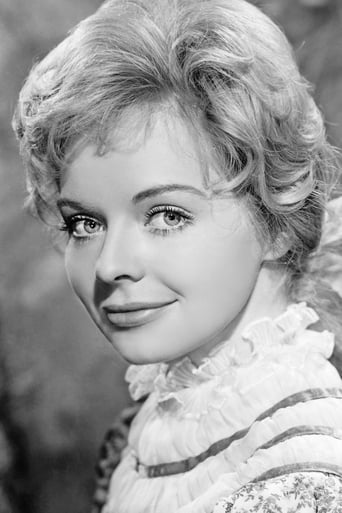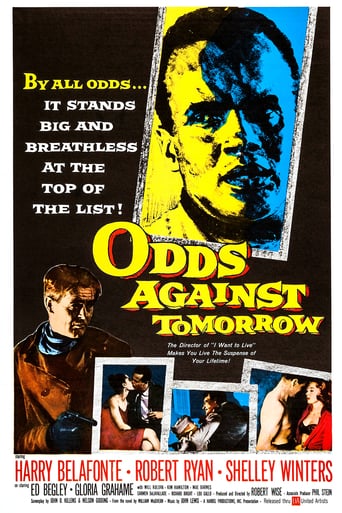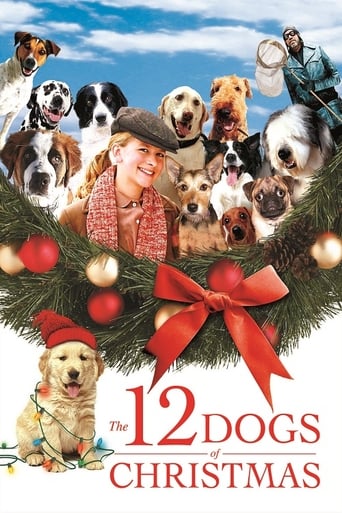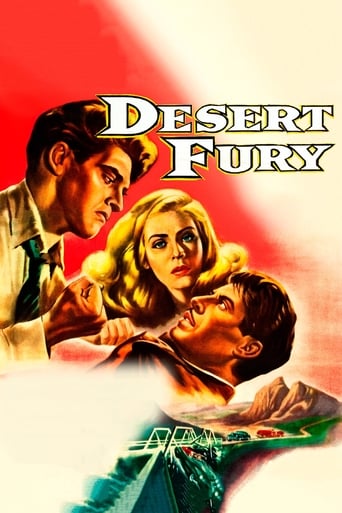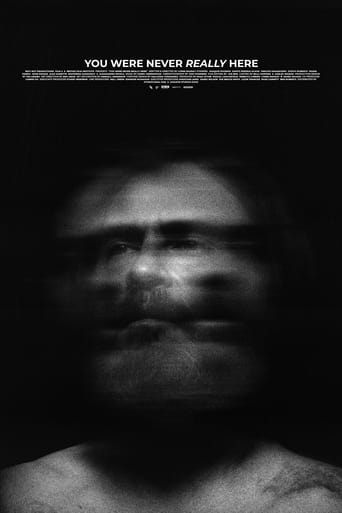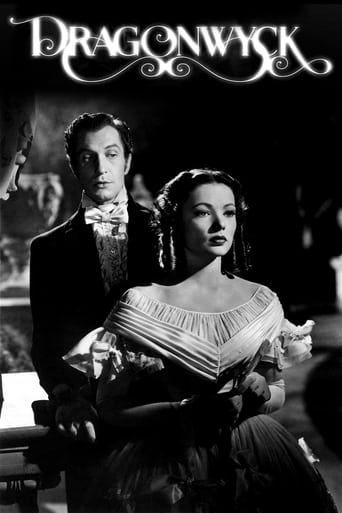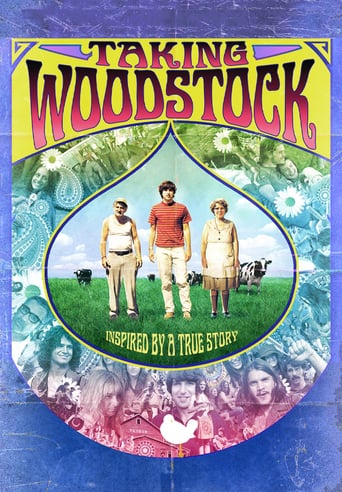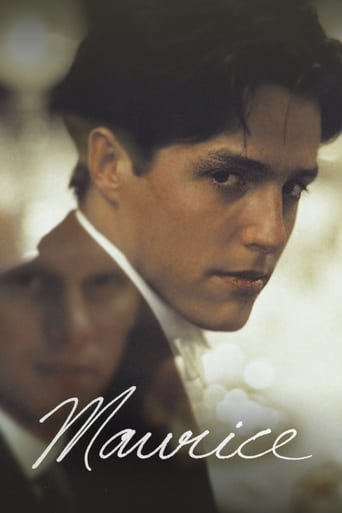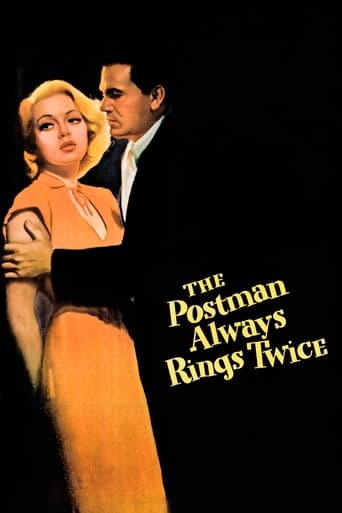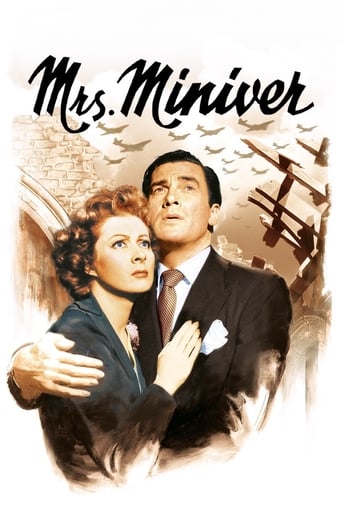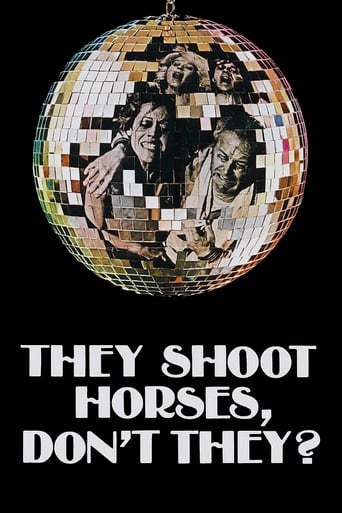
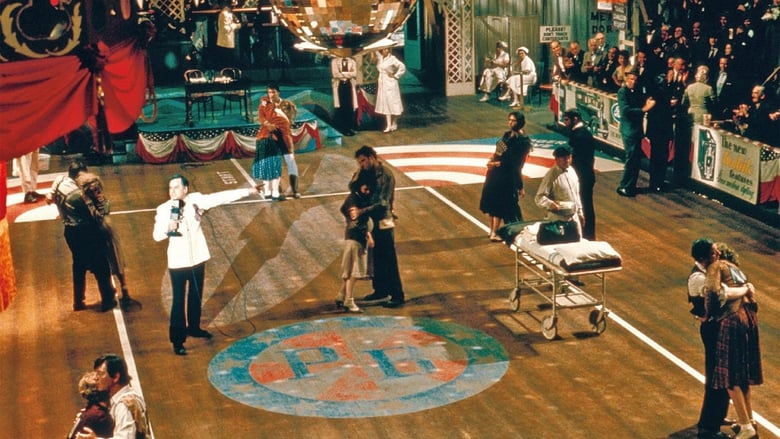
They Shoot Horses, Don't They? (1969)
In the midst of the Great Depression, manipulative emcee Rocky enlists contestants for a dance marathon offering a $1,500 cash prize. Among them are a failed actress, a middle-aged sailor, a delusional blonde and a pregnant girl.
Watch Trailer
Cast


Similar titles
Reviews
the audience applauded
Great Film overall
The story, direction, characters, and writing/dialogue is akin to taking a tranquilizer shot to the neck, but everything else was so well done.
A clunky actioner with a handful of cool moments.
Set in California during The Great Depression of the 1930's - "They Shoot Horses, Don't They?" is all about the wretchedness, and all the utter hopelessness of an era of impoverishment like none other in American history.Here the viewer is witness to every despairing detail of destitution. All so graphically depicted. All so clearly unfolded through the sad experiences of a pitiful collection of marathon dancers, each one at the utter brink of desperation.This is a dance marathon to beat all other dance marathons. To date it has been running now, non-stop, for 2 months, solid. It's guaranteed to be a real record-breaker.And, the one, final couple that remains on their feet to the bitter end, out-dancing all others, will be crowned the winners, receiving as their hard-earned reward a grand prize of $1,500. Not much money by today's standards, but, for the many who were absolutely poverty-stricken during The Depression, it represented a literal fortune.Yep. That's what "They Shoot Horses, Don't They?" is all about.
"They Shoot Horses, Don't They?" chronicles a dance marathon competition in Santa Monica in the post-Great Depression era. Among the contestants vying for the $1,500 victory are a depressive and damaged aspiring actress (Jane Fonda), a wannabe filmmaker-turned-criminal (Michael Sarrazin), another aspiring Hollywood starlet (Susannah York), and a pregnant wife and her husband (Bonnie Bedelia and Bruce Dern). The competition begins to wear on the already- downtrodden contestants, slowly transforming into a grand guignol of psychological and physical horrors.Based on the 1935 novel of the same name, "They Shoot Horses, Don't They?" is one of those rare films that are so solid across the board (acting, cinematography, writing) that it's something of a masterpiece. The premise is almost paper-thin and on the surface sounds somewhat dull: a dance marathon where contestants have to stay on their feet for hundreds upon hundreds of hours till they all fall down; but the emotional depth of the characters is the key ingredient that enriches the entire film.Each of the characters carry with them an array of baggage and psychological complexity that is subtly unraveled, and the writing is really the glue that keeps the show together, supplemented with career-defining performances from Fonda and York. It is an extremely attentive character study above all else, but simultaneously operates as a grim metaphor for American society that is as relevant today as it was in the wake of the Great Depression. Sydney Pollack is able to paint layer upon layer of tension and the audience sees a disaster coming from the first frame, but the writing and performances never cease to be completely engrossing. The fact that actual dance marathons were a reality (and an en vogue one at that) makes the film's bite even more vicious. While the film has certainly been praised by critics and cinephiles over the years, it is not exactly a well-known film, which is a bit of a shame. The filmmakers here managed to take a straightforward premise and present it as a psychologically complex and disturbing portrait of broken people in an increasingly dire situation. Phenomenal all across the board. 10/10.
I saw this movie 41 years ago, and decided then and there never to go to bummer movies again. I'm not sure why I went. I wasn't really interested in dance marathons or the Depression. Perhaps it was because the cast was top-notch. In fact, the acting was good--all too believable! The script was OK, too. This movie was memorable, all right--haunting and brutal would be more fitting. If you want to be bummed out, watch this movie--it's a guaranteed downer! So this movie did me a great service. It scarred me for life. I look at reviews before I go to movies, and I avoid any movies that would leave me feeling like this one did. I like life, and I don't feel a need to create intense negative emotions like this movie fostered.
Betty & I very much wanted to see this movie after completing our own marathon of books (B) & films (F) about (or by) Gypsy Rose Lee and her sister, June Havoc: "Gypsy" B&F, "Stripping Gypsy" B, "American Rose" B, "My G-String Mother" B, "Early Havoc" B, "More Havoc" B, "February House" B. June Havoc was in several dance marathons in the '30s and her "Early Havoc" details a great deal about her experiences in them. In that era, jobs were scarce, millions were hungry and desperate; there were no social nets: no welfare, no unemployment checks, no medical services for the poor, etc. These marathons dangled the promise of a rich reward to the desperate: the one winning couple left standing after thousands of hours dancing, moving 40-60 days--contestants danced 24/7 in 2 hour shifts relieved by 10 minute breaks for sleeping/eating/toilets (they were fed 7 meals in every 24 hours). Their promised reward ($1,500, for example) to the winning couple would be enough to buy 2 new Ford or Chevvy cars with almost $400 left over (in 1934). And even the losing participants got free meals and a place to stay--for as long as they continued dancing. (Among dance marathon participants, there were the newbies and those experienced from previous contests; those in that latter group called themselves the "horses.") This film only indirectly captures the desperation flooding America at that time: it drove these marathon dancers to compete and drew their paying spectators (some nearly as strapped). These audiences watched contests that were VERY similar to the survival battles in the Coliseum of ancient Rome.The film depicts quite well the common, transient bouts of psychosis (getting "squirrely" in marathoners' parlance), the lugging around of sleeping partners by whichever partner was more awake, the drastic "first aid" measures used to keep dancers participating, and much of the behind the scenes behaviors common in these inhumane, torturous events.And, the MANY ways the sponsors shaped their presentations to entertain their audiences: spotlighting talents of individual dancers, elimination derbies, destroying a dancer's clothing to make a more pitiful appearance, announcing a collapsed dancer was recovering nicely in a hospital rather than the truth: he'd died from over-exertion (the truth might create bad publicity).Also, this movie reveals the naked truth of these marathons: they were scams run solely to enrich the promoters, designed to lure in both contestants and (paying) audiences. The promoters deducted from the winning couple's $1,500 reward their accrued bills for all their food, room, sleeping supplies, "medical" care, etc. So even the "winners" ended up nearly as poor as when they started.Fonda's character from the beginning is sarcastic, critical, and not particularly likable. She'd obviously been previously hurt, abused, seriously emotionally scarred. Why and in what ways?--that we're left to conjecture. And that's (IMO) the downside of this film: that narrative arc is left blank. The film's upside is its poignant, rich portrayal of this slice of an American era.Gig Young's Oscar for marathon "ring master" was richly deserved; he was superb and his performance significantly gave this film strength.For such an EXCELLENT depiction of this slice of an American era: (10/10)--but for such an incomplete personal narrative of Fonda's character (7/10).


